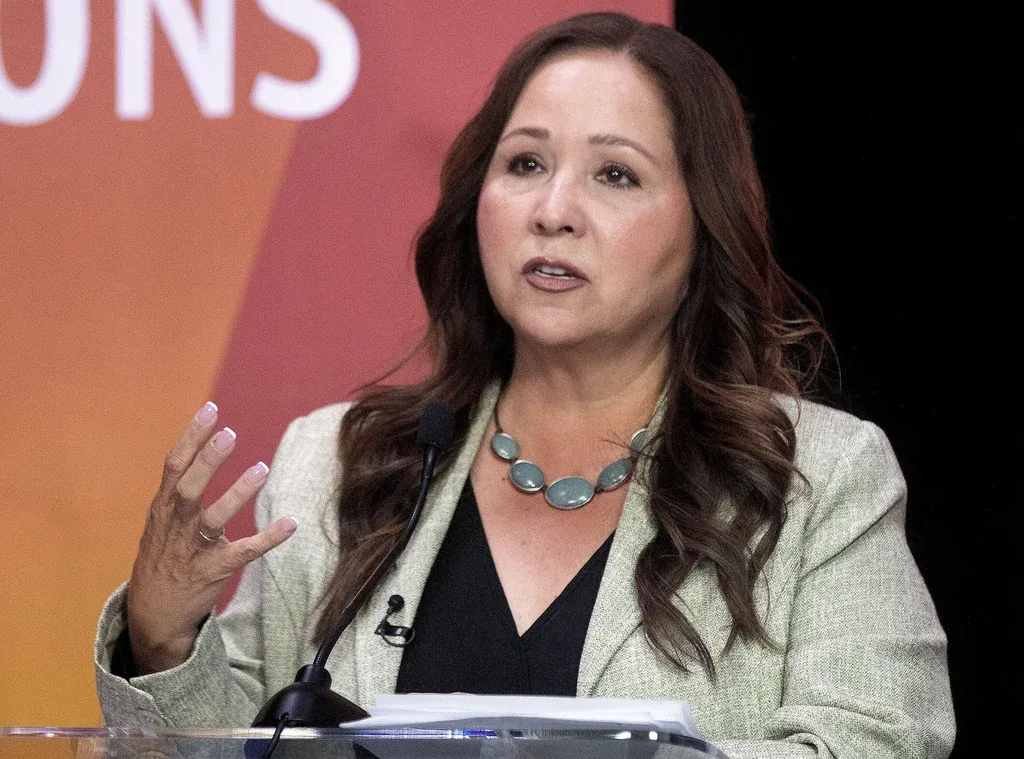Colorado courts banned from ordering juveniles to pay restitution to insurance

AP Photo/The Denver Post, RJ Sangosti
From 2016 to 2020, more than 200 juveniles in Colorado were ordered to pay more than $3.57 million in restitution fees to insurance companies. Now, that practice is over with the enactment of new legislation that immediately prohibiting courts from ordering juveniles to pay restitution to insurance companies, though it still allows the courts to mandate juveniles pay restitution to victims.
Gov. Jared Polis signed that measure, House Bill 1373, into law on Tuesday.
“For the young people we work with every day, this bill means hope,” said Mirror Image Arts, a Denver theater organization that works to rehabilitate juvenile offenders and which inspired the creation of the bill. “It is a step in the right direction for young people having a second chance and breaking cycles of crime, violence and poverty.”
Supporters of the bill say restitution fees from insurance companies push juveniles to reoffend to pay off impossibly high debts as they struggle to find work with criminal records. Of the $3.57 million ordered from juveniles, only $146,348 — or 4% — has been paid, according to state data.
Bill sponsor Sen. Julie Gonzales, D-Denver, said restitution fees have 8% interest rates, are not dischargeable by filing for bankruptcy and can prohibit youth from activities, such as getting a driver’s license or taking out loans for school or work. These debts also often get pushed onto parents, as many juvenile offenders are not old enough to legally work.
Polis OKs study on raising minimum age to criminally charge children
In a written testimony in support of the bill, 20-year-old Shawn Pollock said he currently faces $275,000 in debt from restitution fees to insurance companies due to crimes he committed when he was 14 and 15.
“I asked (my mentor), ‘If I pay $100 a month, how many years will it take me to pay that off?’ She told me 213 years,” Pollock said. “I was heartbroken. … I understand I need to pay for the harm I’ve done, but does it have to be a life sentence?”
The state Senate passed the bill in a 20-15 vote, while the House approved it, 38-25.
Opponents to the bill — all of whom are Republicans — argued that it could result in insurance companies raising rates and victims of crimes not being fairly compensated. Supporters countered that more than 95% of the restitution fees are already not being paid.
Drinking water to be tested for lead at Colorado schools, child care centers

















